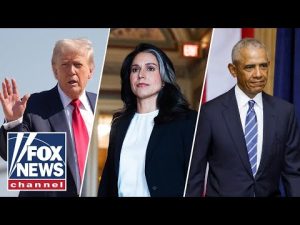In the heart of America, where the Ozark Mountains rise in Arkansas, a new kind of community has emerged, stirring both curiosity and controversy. This community, named “Return to the Land,” is built on the principle of being exclusively open to white people, aiming to preserve what they describe as their cultural integrity. In a nation that celebrates diversity and freedom, such developments inevitably raise important questions about the line between personal choice and societal exclusion.
Communities formed on the basis of shared culture and identity are nothing new. Across the United States, countless neighborhoods reflect the cultural heritages of their inhabitants, from vibrant Chinatowns to historically significant Little Italys. These places offer a sense of belonging and continuity, allowing people to celebrate and maintain their cultural traditions. This is a testament to America’s remarkable tapestry — where diverse cultures coexist, each adding to the nation’s richness.
However, when a community explicitly defines itself by whom it excludes, it treads a much narrower path. In an era dedicated to breaking down walls of division, communities like “Return to the Land” highlight the complexities of personal freedom. Undoubtedly, people have the right to choose their neighbors and create communities that reflect their values. Yet, when these choices are made on the basis of race, religion, or sexual orientation, it raises moral and ethical concerns that extend beyond personal preferences.
A critical question emerges: where should the boundary lie between personal freedom and societal responsibility? Participation in a free nation means upholding the principles upon which it was founded — including equality, opportunity, and mutual respect. While there is no legal issue when no laws are broken, the implications of such communities extend far beyond legality. It’s a conversation about the kind of society Americans strive to be, and how inclusivity and shared American values can be prioritized.
This debate isn’t just about one community tucked away in the Ozarks. It’s about the larger picture — recognizing that every individual, regardless of race or background, contributes to the collective American experience. While people may disagree on how best to foster inclusive communities, the focus should remain on respectful dialogue and finding common ground. In the end, it’s not just about preserving any one culture, but embracing the diverse symphony of voices that makes America truly exceptional.







